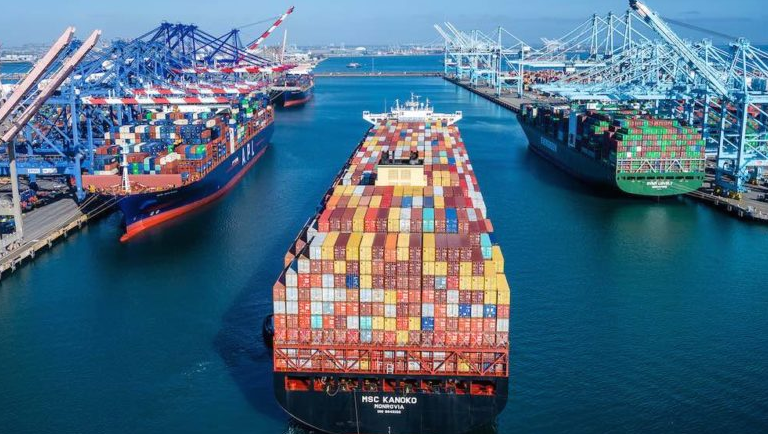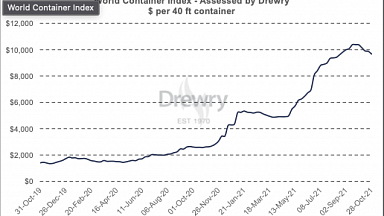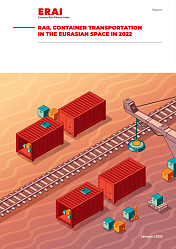Drewry’s World Container Index, published yesterday, saw its steepest climb since its inception in 2012.
Drewry’s composite World Container index rose a further 15.9% or $1,104 to reach $8,061.65 per feu, which is 332% higher than the same week in 2020.
Rates from Shanghai to Los Angeles increased by more than a third in the space of week, from $6,358 per feu last week to $8,548 this week. Rates from Asia to US east coast also soared 39% to $11,180 per feu.
Spot rates on Shanghai-Genoa increased $603 to stand at $11,448 for a 40ft box, which is 540% higher than same period in 2020. Similarly, rates on Shanghai-Rotterdam gained $779 to reach $11,975, a year-on-year change of 626%.
«Drewry expects rates to remain on the higher side in the coming week,» the UK analysts stated yesterday.
Meanwhile, the Shanghai Containerized Freight Index (SCFI) climbed another 37 points today to a new record of 3,785.
Commenting via LinkedIn on the latest record-breaking box figures, Lars Jensen, CEO of consultancy Vespucci Maritime, stated: «I would expect upwards pressure on essentially all headhaul trades.»




